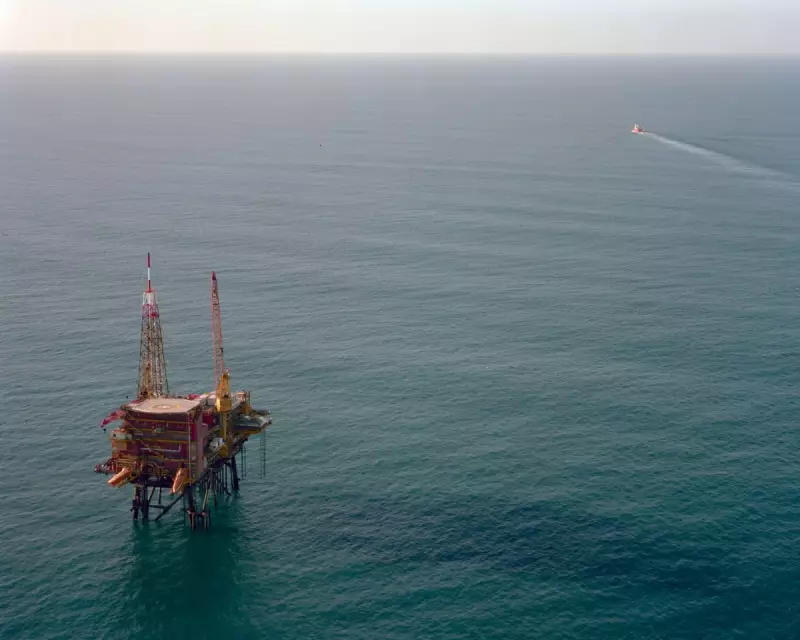
New scientific analysis has uncovered a deeply concerning environmental trend: the oceans surrounding New Zealand are heating up at a rate 34% faster than the global average. This accelerated warming poses significant threats to the nation's unique marine biodiversity and coastal infrastructure.
The Stark Numbers Behind the Crisis
Recent data compiled from multiple research institutions reveals that while global ocean temperatures have been steadily climbing, the waters around New Zealand are experiencing this change with heightened intensity. The disproportionate warming rate suggests regional factors are amplifying the broader climate change effects.
Implications for Marine Life
The rapid temperature increase is already causing observable changes in marine ecosystems. Scientists report:
- Significant stress on native species adapted to cooler waters
- Shifts in fish populations as species migrate to more suitable temperatures
- Increased frequency and severity of marine heatwaves
- Coral bleaching events in northern marine regions
Broader Environmental Consequences
Beyond marine biology, the accelerated warming carries multiple concerning implications:
- Sea level rise: Warmer waters expand, contributing to faster coastal erosion
- Weather patterns: Changed ocean temperatures can influence storm intensity and frequency
- Coastal communities: Fisheries, tourism and coastal infrastructure face increasing threats
- Cultural impact: Traditional Māori practices connected to the sea may be disrupted
The Urgent Need for Action
Environmental scientists are calling for immediate policy responses and increased monitoring. The data underscores that climate change impacts are not uniform across regions, with some areas like New Zealand facing disproportionately severe consequences that demand targeted adaptation strategies.
As one researcher noted, "This isn't a distant future scenario—these changes are happening now, and they're happening faster around New Zealand than almost anywhere else."





